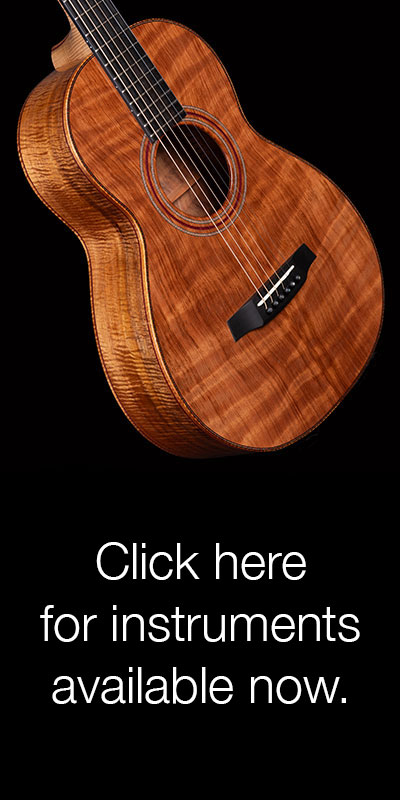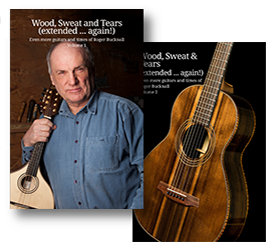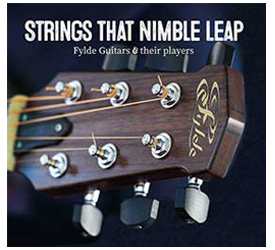Within five years I had a team of about 12 and we were making nearly 1,000 guitars a year, selling all over the world. There was even a brief excursion into making unique electric guitars that were quickly copied by others, and it seemed as if just about every star in folk, rock, even jazz, had bought instruments from me, but it had all gone too fast. Despite being very successful in organizing the actual design and manufacture, a combination of harsh business and personal events brought me to an abrupt stop, so I started again by myself on a much smaller scale. I didn’t want to stop making guitars, but I did want to get involved in something new.
I was already a great fan of stick and ball games, and I played a lot of snooker and pool. (Sports that include bits of woodwork and engineering, and don’t get you sweaty, dirty or damaged!) I had an idea for an aluminium cue case, which the aluminium industry persuaded me to develop, and it became the backbone of a whole new business venture. Snooker and pool cues use the same materials as guitars, and the technology of keeping wood straight in a cue is much the same as making it bend in a guitar. The way a cue hits the ball has many similarities to a musical instrument. In fact cues are balanced and “voiced” in a similar fashion to guitar bracing, and like a cricket bat, a good cue makes a good noise. I had new ideas for cue designs and patented the first cue extension. A lot of the top snooker players used my products, and before long the business was very successful. At one point, a manufacturer from China visited me and showed me copies of my cues, complete with model names, and asked me if I liked them!
I had a good team to make the cues, so I took on some interesting consultancy work for a computer company, making assembly equipment, models and prototypes of digitisers, workstations etc. I helped make publicity films for the aluminium industry, and spent a lot of time rebuilding houses and inventing things. Have you heard of cold fusion? That’s not one of mine.
Eventually the wood dust and work load took their toll and I sold the business to reinvest in guitar manufacture. I’d never stopped making guitars, always keeping at least one corner of the workshop dedicated to it and at least one person helping me to build them, but I felt I had unfinished business, and set up a dedicated workshop to concentrate on guitars again. This time I had a lot more business experience.
Soon it was obvious that I was doing something right. I moved to the wonderful Lake District, with an idyllic home and a purpose built workshop. I’m able to use a lot of the experience and training that I have been lucky enough to receive, there are lots of new models and once again I’m selling to every area of music from all over the world. The team is the best I’ve ever had, and the instruments are the best they have ever been, and now I have some lovely pink wood that I must use for something. I’ll let you know.







